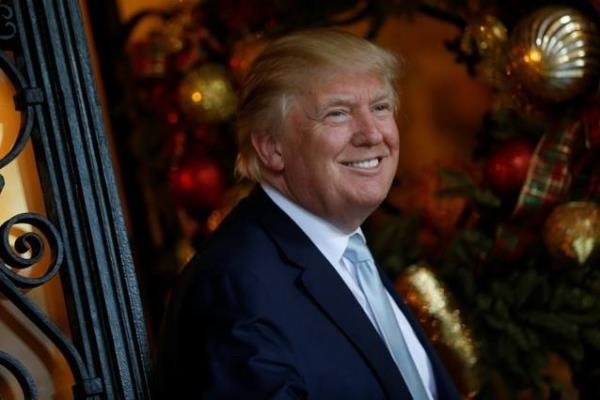Trump’s foreign policy: Redefining friends and adversaries

As the Trump transition team prepares to move into the White House, several major issues occupy the minds of the European leaders, none more important than the future of the U.S.-NATO relations; the U.S.-Russia relations and their implications for the overall Western world’s relations with Russia; and the future of the Transatlantic Trade and Investment Partnership (TTIP).
Europe’s broader concern with president-elect Donald J. Trump has intensified as the latter has suggested that the United States would not steadfastly defend NATO members from a possible attack by Russia if they had not contributed their fair share to the alliance—which is estimated to be roughly around 2 percent of each member’s GDP. This new much more transactional view of alliances contradicts the very language of the Article 5 of the defense pact (known as mutual defense clause), which reads, "An armed attack against one ... shall be considered an attack against them all." Trump has gone as far as calling NATO “obsolete,” a comment that has sent a shiver up and down of the collective spines of many EU leaders.
The reaction to Trump’s criticism of free trade and his attempt to realign the uneven car trade between Germany and the United States has been roughly criticized by Germany’s deputy chancellor and minister for the economy, Sigmar Gabriel when he noted that, “The U.S. car industry would have a bad awakening if all the supply parts that aren’t being built in the U.S. were to suddenly come with a 35% tariff. I believe it would make the U.S. car industry weaker, worse and above all more expensive. I would wait and see what the Congress has to say about that, which is mostly full of people who want the opposite of Trump.”
Trump’s opposition to the Trans-Pacific Partnership (TPP) has caused much discomfort and political debate in Japan and South Korea, two of the U.S. key allies in its attempt to contain the spread of China’s influence and power in Southeast and Northeast Asia. How would the Trump administration reconcile President Obama’s “pivot to Asia” policy with the active undermining or abandonment of the TPP? Trump’s populist and protectionist rhetoric, if translated into actual measures and policies, could lead to contradictory political actions with the potential to further complicate any U.S. foreign policy that seeks to contain or deter China and the spread of its influence in the South China Sea. After meeting with Japanese Prime Minister Shinzo Abe, Trump emphasized his common ground with U.S. allies, such as Japan, South Korea, Australia, Malaysia, and the Philippines. Trump’s telephone conversation with Taiwanese President Tsai Ing-wen, the first such top-level contact between the two countries’ leaders since 1979, has portended an even more pronounced and confrontational approach toward China.
In the Middle East, Trump’s appointment of David Friedman as the U.S. ambassador to Israel is likely to deepen tensions between the Palestinians and the Israelis. Friedman’s support for the transfer of Israel’s capital from Tel Aviv to Jerusalem poses a major obstacle to any peace process aimed at creating a Palestinian state. The Trump administration may decide to withdraw from the nuclear deal (Joint Comprehensive Plan of Action—JCPOA), or impose further sanctions on, what will become an increasingly isolated Iran. Pulling out of the nuclear deal, an agreement that enjoys the enthusiastic and broader support of Britain, China, France, Germany, and Russia, will be costly and imprudent at best.
In the meantime, Trump, who has already expended substantial political and rhetorical capital to seek better ties with Russia (despite the evidence of Moscow’s hacking and interference with the U.S. elections) and in essence tolerated the Assad regime’s actions in Syria directed at defeating and dismantling the Islamic State in Iraq and Syria (ISIS), might find himself in the middle of an increasingly uncomfortable and paradoxical situation. While Trump has declared the defeat of ISIS to be his number one priority in the Middle East and seeks partners with an avowed interest in comprising an anti-ISIS coalition, this should provide a natural venue for seeking closer ties with Iran who has been pursuing the war against ISIS in Syria in alliance with Russia. It thus remains to be seen how the Trump administration might resolve this contradiction if it tries to defeat ISIS while also escalating tensions with Iran. These uncertainties and complexities notwithstanding, it is too early to foretell exactly which direction the Trump administration will take toward making key foreign policy decisions. Transitions entail—as they often do— uncertainties and surprises.
Mahmood Monshipouri teaches Middle Eastern Politics at San Francisco State University and the University of California, Berkeley. He is the editor, most recently, of the Inside the Islamic Republic: Social Change in Post-Khomeini Iran (NY: Oxford University Press, 2016).
Leave a Comment